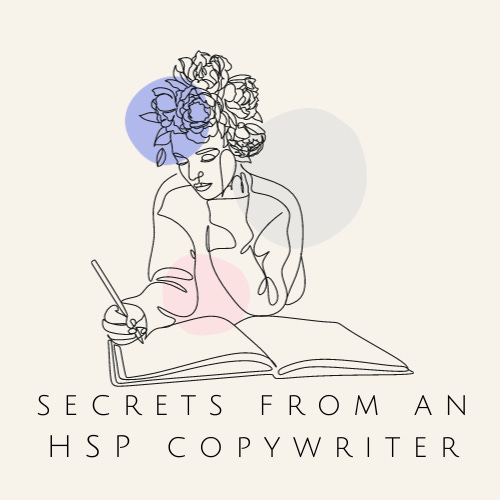A couple of months ago, I contacted Judy Malmskog, MSW, LICSW, for comment on my post about the research on sensory processing sensitivity. In her two decades as a social worker and therapist, she's served many highly sensitive people (HSPs). Her response was so generous that it called for a stand-alone post.
I asked Malmskog how we can avoid burning out our nervous systems. The following tips can be used by anyone, she said, no matter our score on the HSP test.
1. Honor your sensitivities
Rather than being ashamed of the ways in which you're sensitive, understand and honor them.
We've been taught for so long to be strong and push through periods of discomfort. As a result, we often medicate anxiety or depression with synthetic concoctions of medication. In the long run, we have all that we need inside of our own bodies.
"When we don't honor our areas of sensitivity for too long, we burn out," explains Malmskog.
2. Speak your truth
Unmask and speak your truth. This means being authentic. People will know what they're getting. This can be difficult because it means seeing others in their discomfort. We have to become comfortable with it. "Whether that's good or bad, you are going to attract those who are also authentic and true in their nature," explains Malmskog.

3. Find your tribe
When we're with likeminded people, we feel harmonic connection in their presence.

"If that harmonic connection is not present, we will feel that disconnect in our bodies. As the authenticity doesn't line up, we feel tense. Our interactions are forced versus when we vibe energetically with like-minded people. It's a feeling of light. Attempting to fit inside of a box and honoring the critic in others versus the peace within ourselves for too long can cause nervous system burnout."
“Attempting to fit inside of a box and honoring the critic in others versus the peace within ourselves for too long can cause nervous system burnout."
Malmskog elaborates: "I really feel that our society, at least the United States, is a system of patriarchy." Starting in preschool and kindergarten, our systems are built around achievement and success. It's a very individualistic society versus a collective win-win culture. As such, it is very difficult to be neurodivergent in a society such as ours. Every system that we interact with here in the states is based on hierarchy. Consequently, that makes it hard to be sensitive when career and productivity are honored over respect for self and family.
4. Connect to nature
Ground in nature near water. Go barefoot on the earth. Re-establishing our connection in that manner grounds the energy within our bodies.
"Mental health [problems] and addiction, in my opinion, are at an all-time high because we are reaching outside of ourselves for something to comfort that inner autonomic nervous system. We often seek outside validation because we've forgotten our own inner power source. Straying from our inner compass looking outside of ourselves for healing or peace often leads to horrible mental health and/or self-medicating,” explains Malmskog.
“We often seek outside validation because we've forgotten our own inner power source.”

5. Do activities that ground you
“Do what your heart loves,” advises Malmskog. “Do what brings you joy. Love is the only emotion that transmutes fear, so lean into the things that spark your curiosity, in any shape or form.” She provides examples of activities that some people find to be grounding:
meditation
walking
painting
making art
mowing the lawn
counting numbers
shoveling cow poop

6. Take an end-of-day inventory.
Malmskog recommends taking an inventory at the end of every day celebrating the ways you honored your sensitivity. Before moving forward:
a. Reflect on your day.
b. What do you have gratitude for?
c. Ask yourself, "am I motivated by guilt, obligation or fear?"
d. Give yourself grace.
“Often, highly sensitive people can be highly critical of ourselves and our actions. Extending grace to ourselves allows us to extend it to others,” she tells me. We can't give to others what we don't have.
Shine your light
"Shine your light as it's meant to be," advises Malmskog. "We don't want to fit in. We're meant to stand out."
Judy Malmskog is a therapist at Counseling Services of Bemidji. Many thanks to her for sharing her expertise.
For more support for HSPs, check out Carol D. Marsh’s Caring Circles.
Also have a look at Lisa Tea’s Secrets from an HSP Copywriter:
Finally, in case you missed it, read Part 1 of this series, in which The Sensitive Artist describes navigating life as an HSP.









LOVE the title of this article! It can and does get fried. I can't stress enough how important this is for ALL of us to learn and understand. Your nervous system feels almost a separate entity that needs it's own comfort and care irregardless of what our rational brain thinks. Great topic and article. Thanks, Moorea! Awesome way to start today.
Thanks for the important reminders. 🙏 Some days I question my truth or am annoyed by my sensitivities. But, it's who I am at my core. And thank you so much for sharing my Substack as well. ☺️